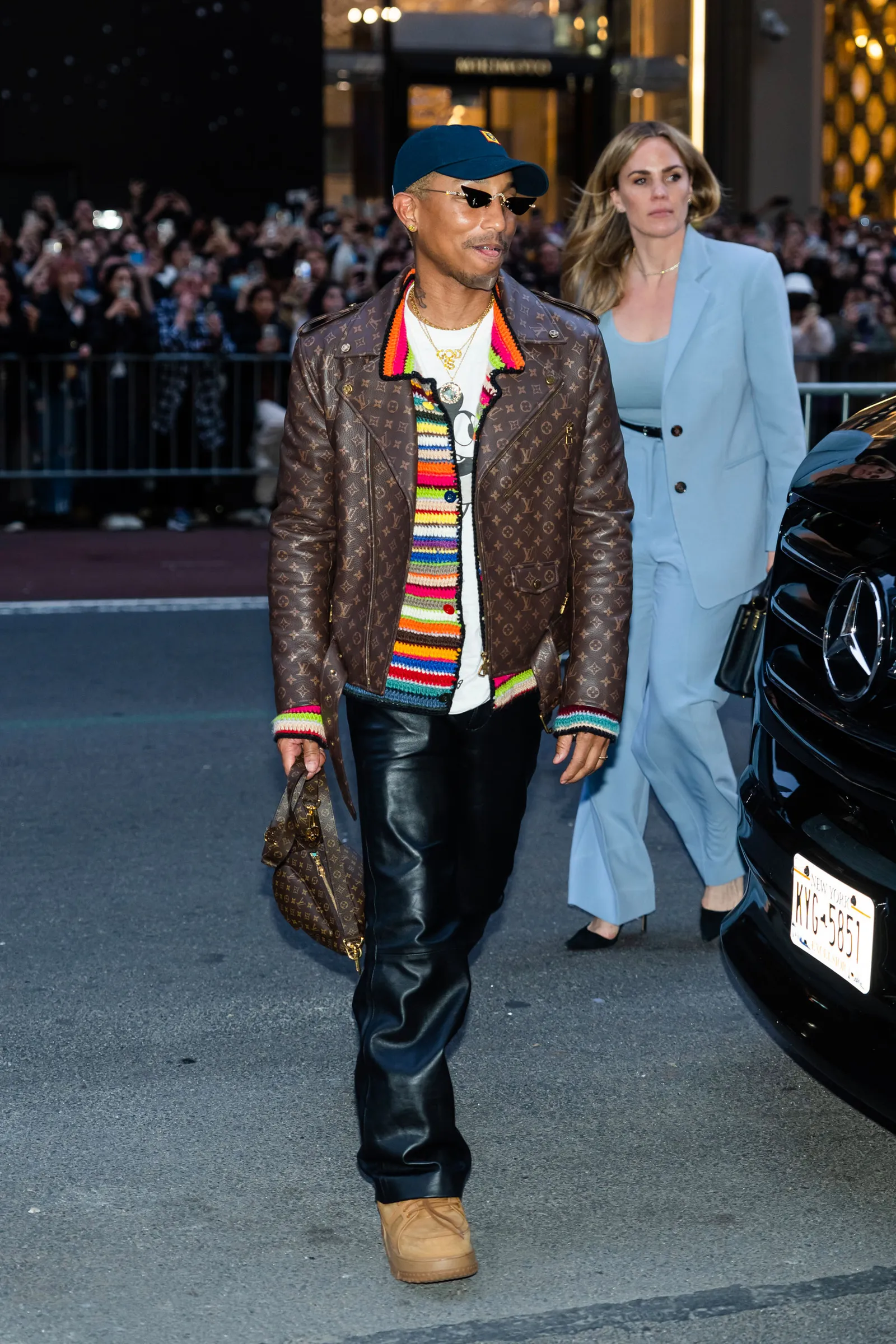In the past 50 years, the evolution of hip-hop has been nothing short of meteoric. From its humble beginnings in the Bronx’s gritty streets, the genre now reigns supreme as a dominant cultural and economic powerhouse. Its fingerprints are ubiquitous, seen from high-fashion runways to the corporate boardrooms of billion-dollar businesses.
Initially, hip-hop emerged as a refuge, a means of escape from the Bronx’s stark realities marked by deprivation and violence. This authentic voice quickly resonated with New York’s Black and Latino youth, giving birth to a distinct subculture manifesting through graffiti, dance, fashion, and of course, music.
C. Keith Harrison, the University of Central Florida’s pioneering director for the Business of Hip-Hop Innovation & Creative Industries certificate program, insightfully remarked, “Hip-hop goes beyond the music.” This art form’s true genius lies in its innate entrepreneurial spirit. As Nipsey Hussle once articulated, hip-hop understood the art of “getting it out of the trunk,” alluding to its inherent knack for innovative business strategies.
Overcoming initial corporate skepticism, hip-hop’s infectious energy made it America’s most beloved music form by 2017. Quantifying its influence over the colossal $16 billion music industry, and beyond, is a challenging feat. Yet, Zack O’Malley Greenburg‘s analysis suggests a staggering combined worth of nearly $4 billion for hip-hop’s five wealthiest artists in 2022 alone. Jay-Z’s staggering net worth of $1.5 billion exemplifies the genre’s unprecedented financial might.
However, the essence of hip-hop extends far beyond monetary success. Artists from this genre have evolved as cultural tastemakers, influencing everything from fashion trends to luxury products. Their profound emotional connection with audiences sets them apart. As Harrison elucidates, hip-hop commands an unparalleled “return on emotion.” The narratives spun by rappers, replete with relatable stories and brand integrations, transform into formidable marketing weapons.
Sowmya Krishnamurthy, a renowned pop culture analyst, in her upcoming book “Fashion Killa: How Hip-Hop Revolutionised High Fashion,” delves into the societal prestige associated with brand endorsements. In her words, in a materialistic society like America’s, visible symbols of wealth, like luxury clothing or flashy jewelry, become instant indicators of success.
Today, brands are fervently courting the hip-hop community. Some, like Timberland, once hesitant to embrace the genre, are now vying for the coveted ‘hip-hop approved’ label. In a world driven by the desire to stay contemporary and profitable, Krishnamurthy points out that brands either integrate with hip-hop or risk becoming obsolete.
Jake Bjorseth, founder and CEO of Trndsttrs, believes that the symbiotic relationship between brands and hip-hop artists will only intensify. With audio emerging as the preferred medium on social platforms, hip-hop, with its adaptive nature, will remain at the forefront of this evolution. Built on the principles of remixing and repurposing, hip-hop will continue to forge authentic connections globally, embodying universal expressions of identity, resilience, and aspiration.
READ MORE:
